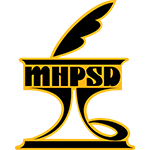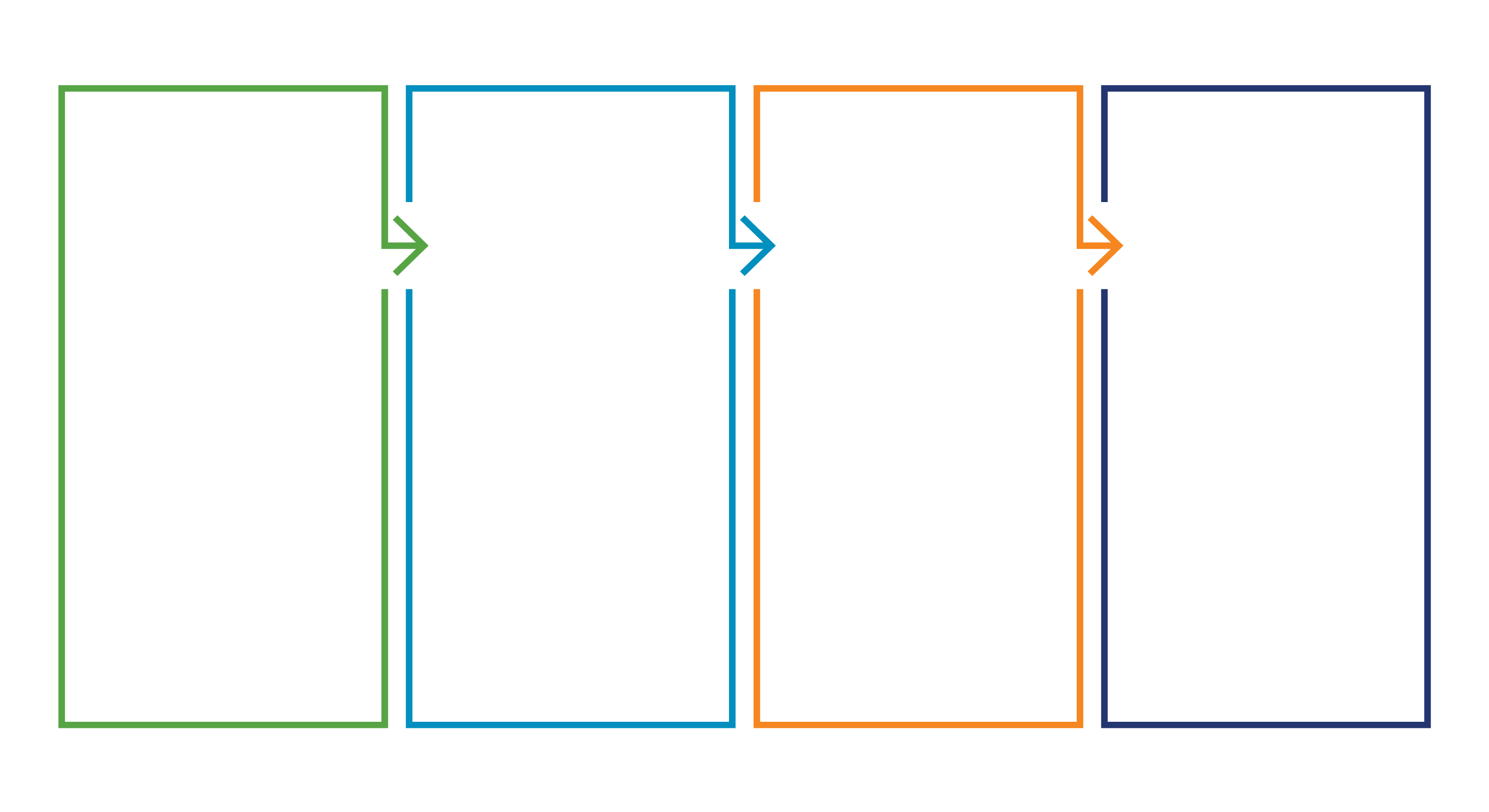The Science of Assessment
Professional Learning
Designed with educators in mind, The Science of Assessment focuses on the importance of data usage and how it pertains to instructional programming and student progress monitoring. Educators use a wide variety of tools and methods to evaluate student learning and well-being. The sheer volume of data available to educators can be overwhelming. An understanding of the science underlying assessments can enable educators to use data effectively. That is the aim of this course – to equip educators with the tools to effectively use data to increase student learning and improve well-being.
Professional Learning: The Science of Assessment
On completion of this course, educators will be better able to:
Outcome: Educators will learn how to analyze student, classroom, and school data to inform classroom practice.
| Module 1. | Educational Prosperity | Understand a life course approach to data monitoring and identify the key Foundations for Success and Prosperity Outcomes. |
| Module 2. | Data usage | Learn about the various types of data and the process for collecting informative data. |
| Module 3. | A framework for data usage | Learn the benefits of a data usage framework and key steps in the framework. |
| Module 4. | Student-level data | Learn how to use data to support individual learning goals and communicate progress effectively to parents and caregivers. |
| Module 5. | Classroom-level data | Learn how to use data to inform instruction and monitor student progress. |
| Module 6. | School-level data | Understand key elements to establish a data culture, apply these principles to foster collaborative inquiry, and develop an effective strategic plan. |
Equip teachers with the skills they need to impact all students reading proficiency and empower them in supporting all students to thrive. Click here to learn more about our other professional learning courses.
What Our Clients Say

“Really found the part(s) on decoding helpful and well done. I also found the Structured Literacy interesting and the related readings were great. Lots of new ideas to think about in relation to my context as grade 7-12 literacy coach.”


